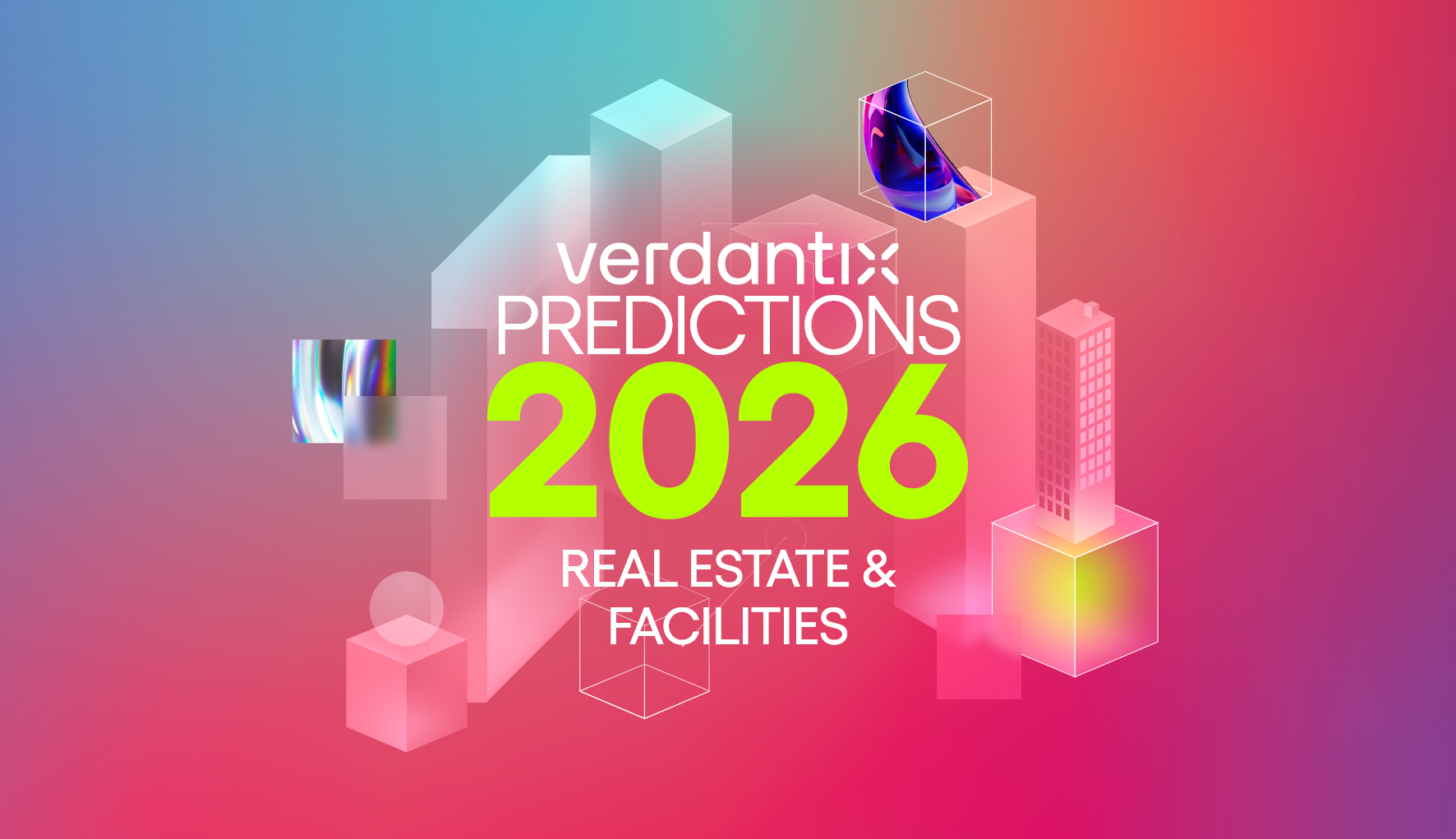2024 Global Building Capital Project Managers Survey: Shifting Buyer Priorities Signal A Bright Future For Market Innovation
Building capital projects, which encompass major new builds and retrofits, play a pivotal role in shaping global infrastructure and economies. With worldwide infrastructure spending expected to surpass $9 trillion annually by 2025, it is crucial to understand where firms are spending their precious capital dollars and how technology is facilitating their investments.
To assess evolving trends and priorities, Verdantix has released the first iteration of its annual Global Building Capital Project Managers Survey 2024: Strategies & Technology Priorities . This survey – involving 100 decision-makers across 13 countries – explores wide-ranging topics, spanning long-term technology priorities; digital strategy trends; the impact of tightening ESG and sustainability regulations; 2025 budget allocations; and attitudes towards AI. Our research finds that:
- Nearly 90% of firms are actively investing or planning to invest in digital enablement.
The vast majority of firms (89%) are either actively investing in their digital enablement or plan to do so in the next 12 months, marking a step change in the pace of the engineering and construction sector’s digital transformation – the effects of which are rippling across the broader real estate industry. Shifts in digital strategies are driven by the need for innovation and proactive risk management. Given the increasing scale and complexity of new build and renovation capital projects, financial risk management is a top priority (54% of our respondents rank as priority 1 or 2). Demand for project budgeting and financial forecasting software, as offered by Archdesk and Procore for example, is surging, particularly in the current volatile economic climate, further propelling the digital enablement of the sector.
- Buyers are primed for investment in AI technology for capital projects.
Investment momentum is most aggressive for construction management software, with 61% of firms having already invested and an additional 11% planning to do so in the next 12 months. Notably, uptake is particularly strong in the Middle East, where 82% of organizations have already invested, spurred by high construction activity. However, AI technology represents the most significant market opportunity, with 43% of firms planning to invest in the coming year. The construction software market is witnessing the continued release of AI features, for example ClickUp’s AI-powered scheduling assistant and project manager, as vendors jostle for position as chief innovator. The next wave of AI development is set to transform the sophistication of building capital project technology – as is much needed for over-burdened project managers.
- ESG, sustainability and decarbonization market trends are reshaping capital project strategies.
Fuelled by the broader digitization movement, heightened focus on delivering sustainable projects coincides with tightening ESG regulations. These trends are the top priorities across all regions but are having the most prominent impact in Europe (83% state significant impact) and APAC (63% state significant impact), where firms are navigating greater regulatory complexities that elevate ESG priorities. Encouragingly, capital project managers are prioritizing the achievement of firm-wide sustainability targets over responding to sustainability-related regulations, revealing a proactive commitment to enhance the market’s ESG credentials.
To stay informed on the priorities, technology adoption and investment plans shaping the future of building capital projects, read the full report Verdantix Global Building Capital Project Managers Survey 2024: Strategies & Technology Priorities.
About The Author

Sophie Planken-Bichler
Industry Analyst





